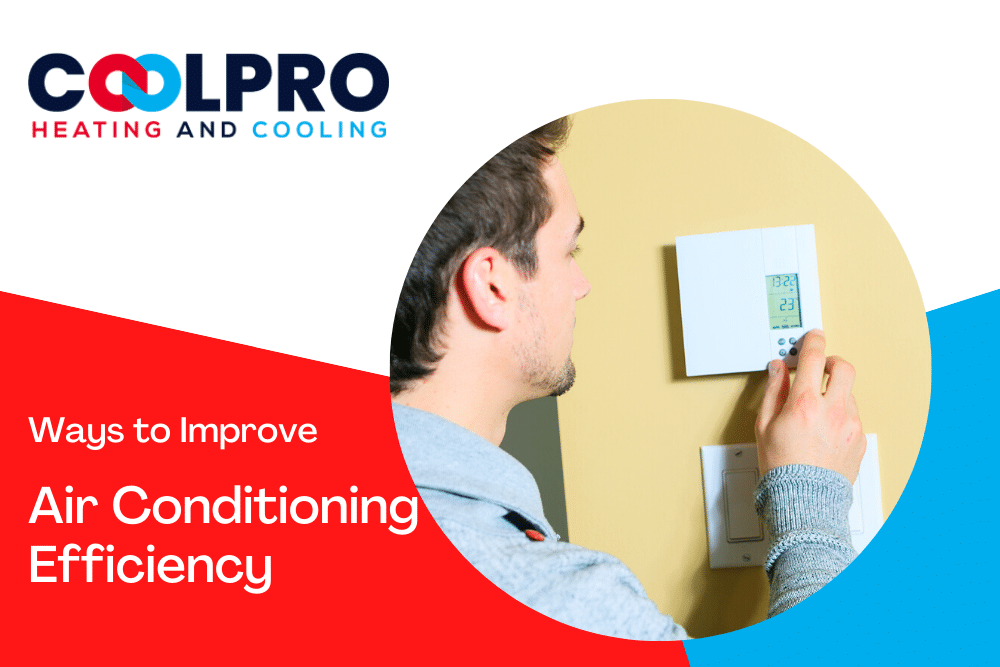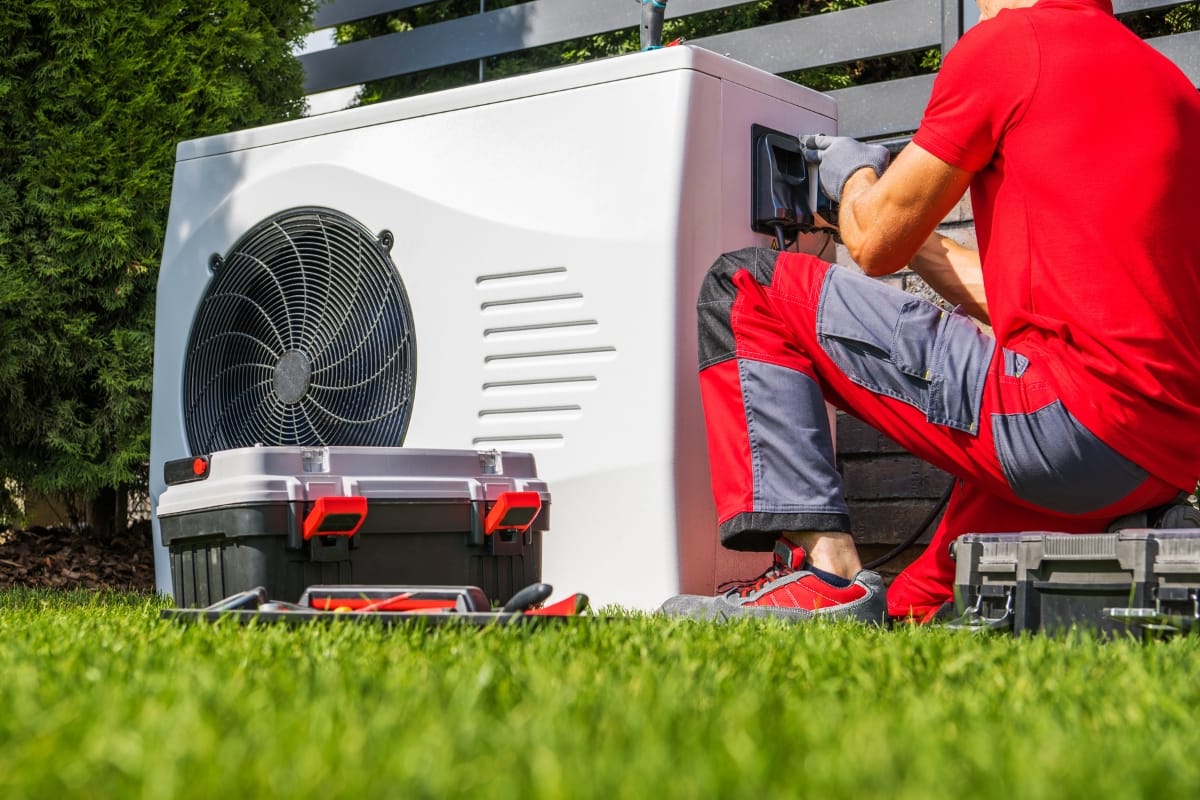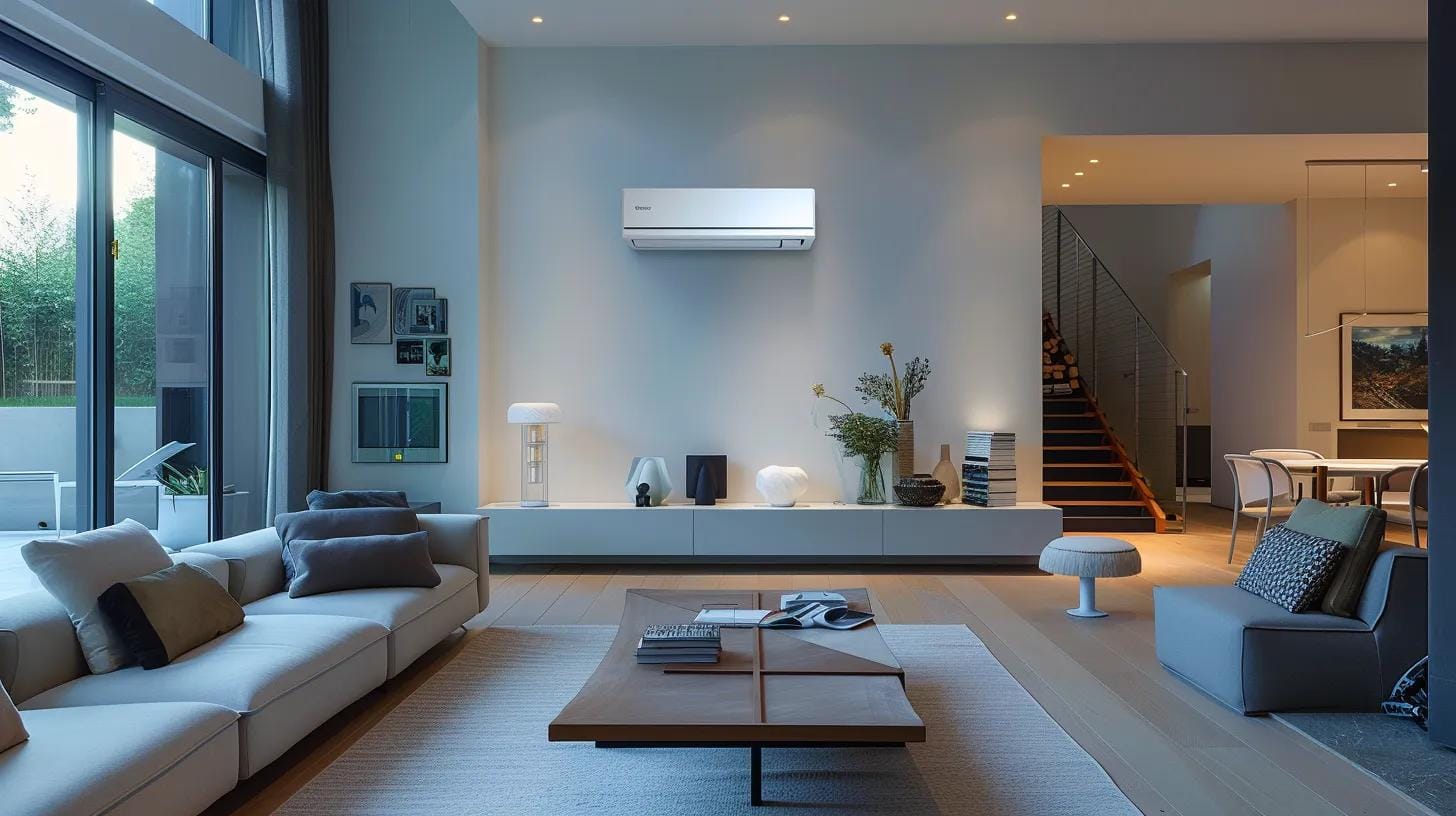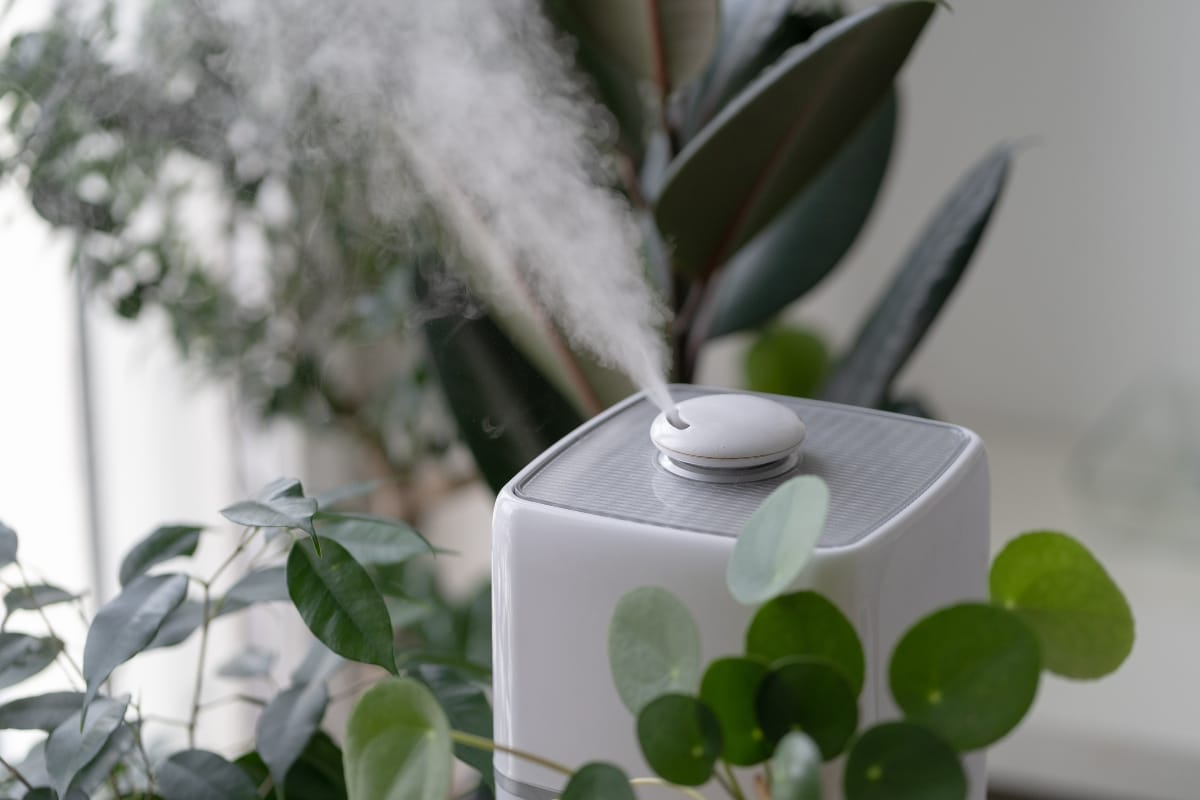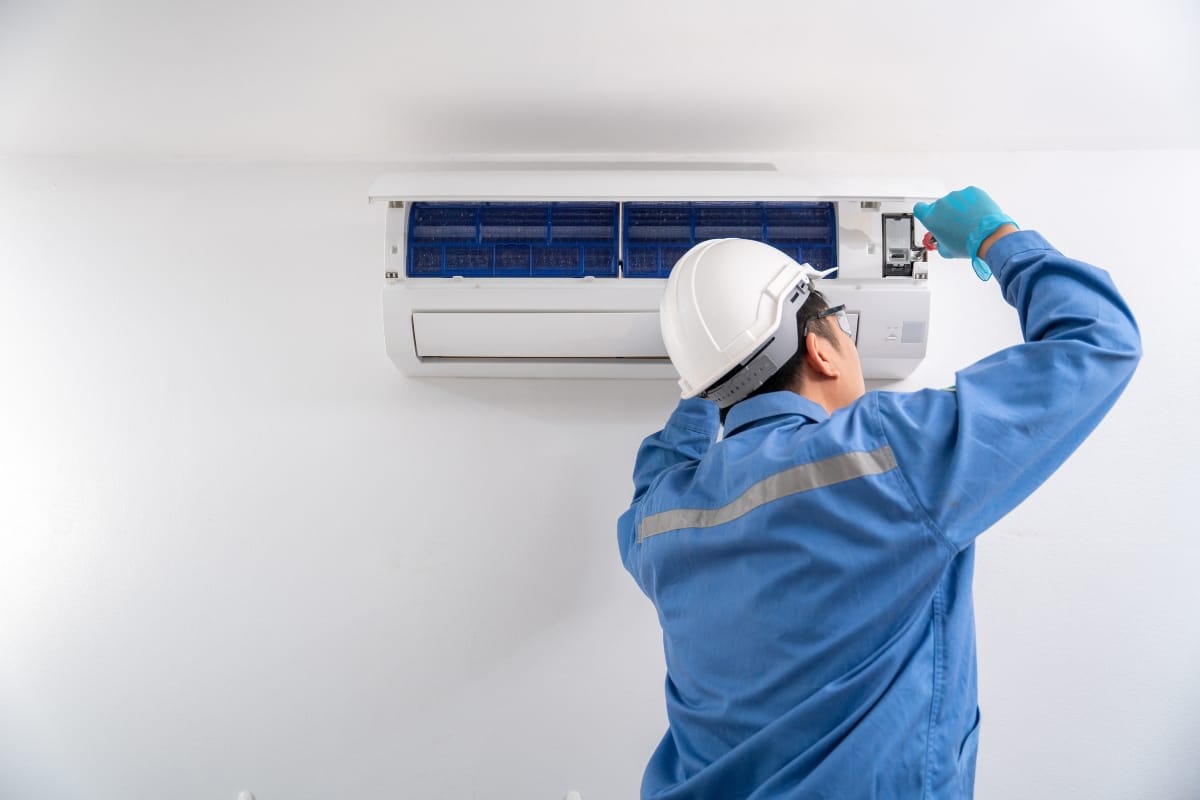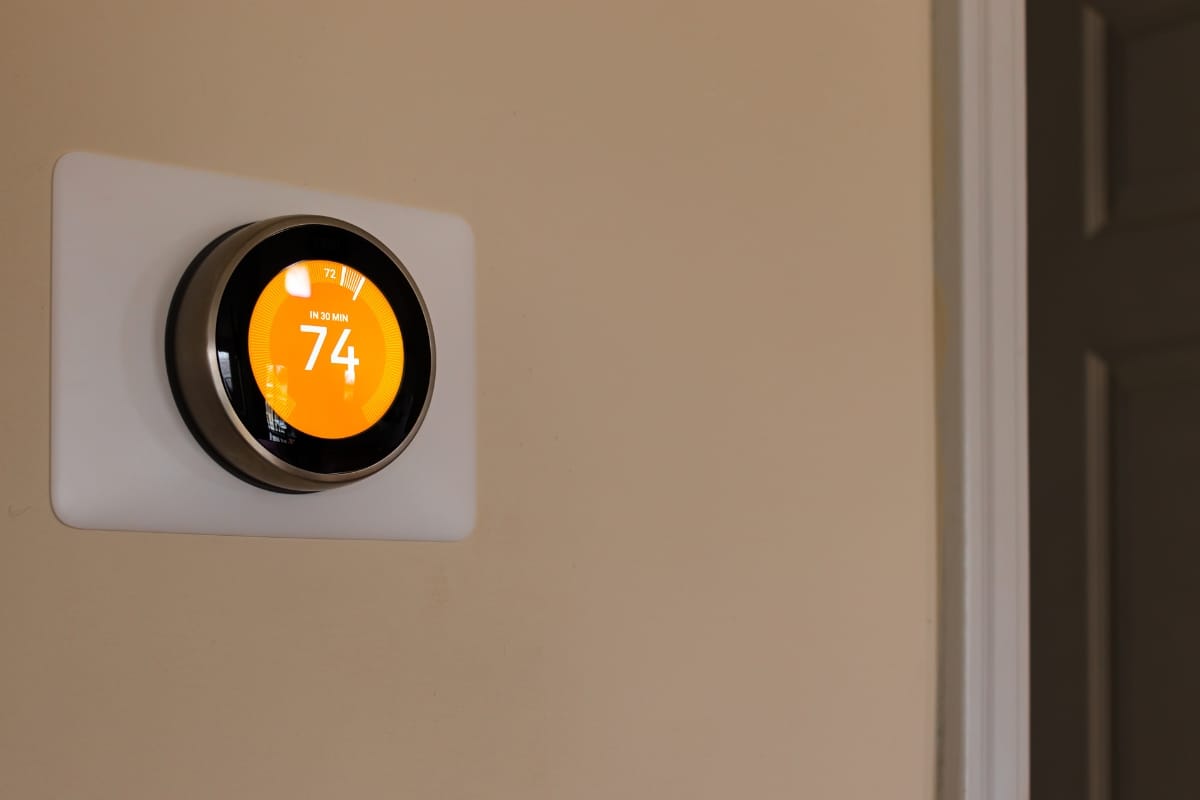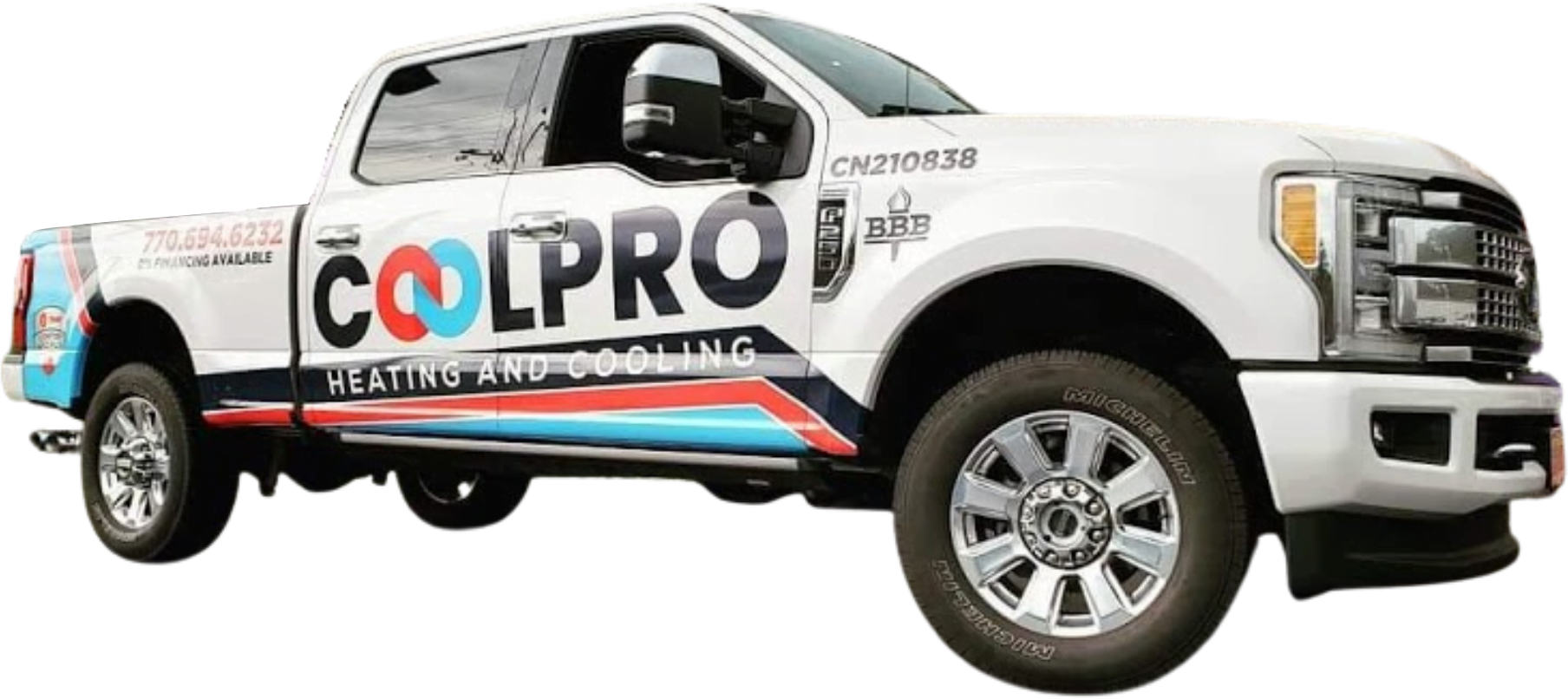As a homeowner, your HVAC system is one of the most important investments you can make to keep your home healthy and comfortable. So, it’s important to understand the importance of regular tune-ups and how they can extend the longevity of your system.
While many people think a tune-up is unnecessary or too complicated to do on their own, the truth is that a well-maintained system can save you both time and money. Picture this: You wake up on a cold winter day and turn on the heat, only to find that your HVAC system isn’t working properly.
You call an HVAC technician to come and fix the issue, only to find out that it’s due to a lack of regular maintenance and tuning. Avoiding this kind of disaster is simple—with the right HVAC tune up checklist, you can keep your system running in tip-top shape and prevent costly repairs down the line. With that in mind, let’s look at the definitive HVAC tune up checklist for homeowners.
Why Regular Maintenance is Critical for Optimal HVAC Performance
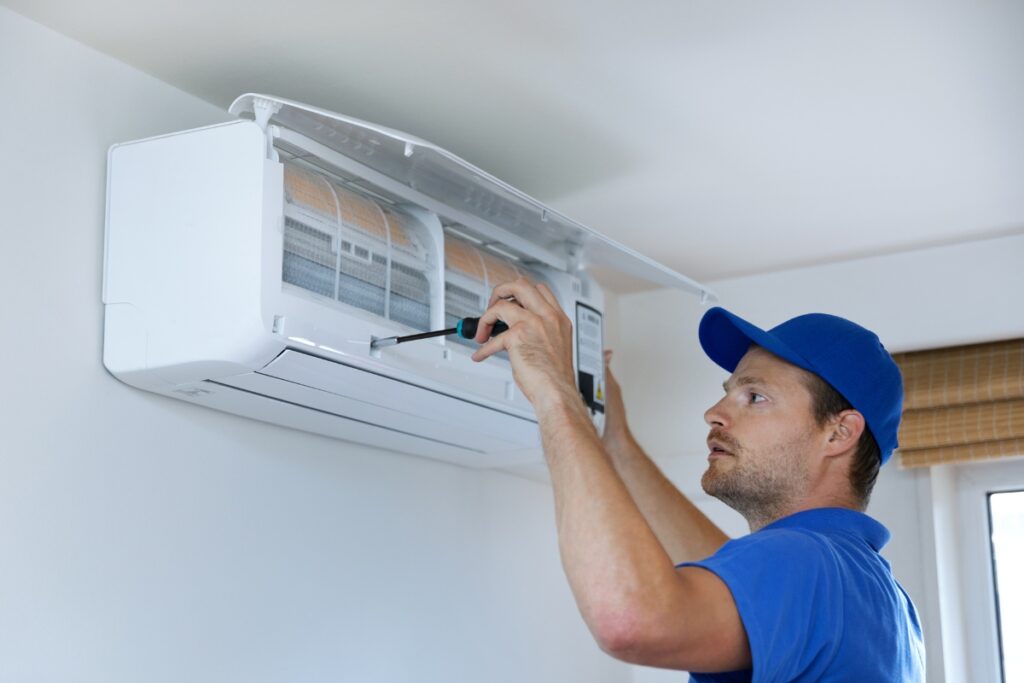
Homeowners have a responsibility to keep their home HVAC systems running as efficiently as possible and that begins with a regular maintenance plan. Without regular maintenance, an HVAC system can suffer from a variety of issues, ranging from poor performance to complete system failure. While regular maintenance can seem like an unnecessary expense, there are a number of benefits that make it well worth the cost.
First and foremost, regular HVAC maintenance helps ensure the optimal performance of the system. This means that the system will run more efficiently, and homeowners can enjoy improved indoor air quality and reduced energy costs. For example, regular maintenance helps to keep the system free from dust and debris, which can cause the system to run inefficiently or even fail. Additionally, regular maintenance helps keep the system free from mold and mildew, which can further reduce the efficiency of the system.
Regular maintenance also helps to identify potential problem areas before they become serious issues. This can help to prevent costly repairs and even possible system failure. An HVAC professional can inspect the system for possible issues and, if necessary, provide any necessary repairs or replacements. Additionally, they can clean and lubricate the system to ensure that it is running at maximum efficiency.
Finally, regular maintenance can help extend the life of an HVAC system. With a regular maintenance schedule, an HVAC system should last for many years with minimal repairs or replacements. This can help homeowners save money in the long run, as they don’t have to replace the system as often.
Assessing Your HVAC System
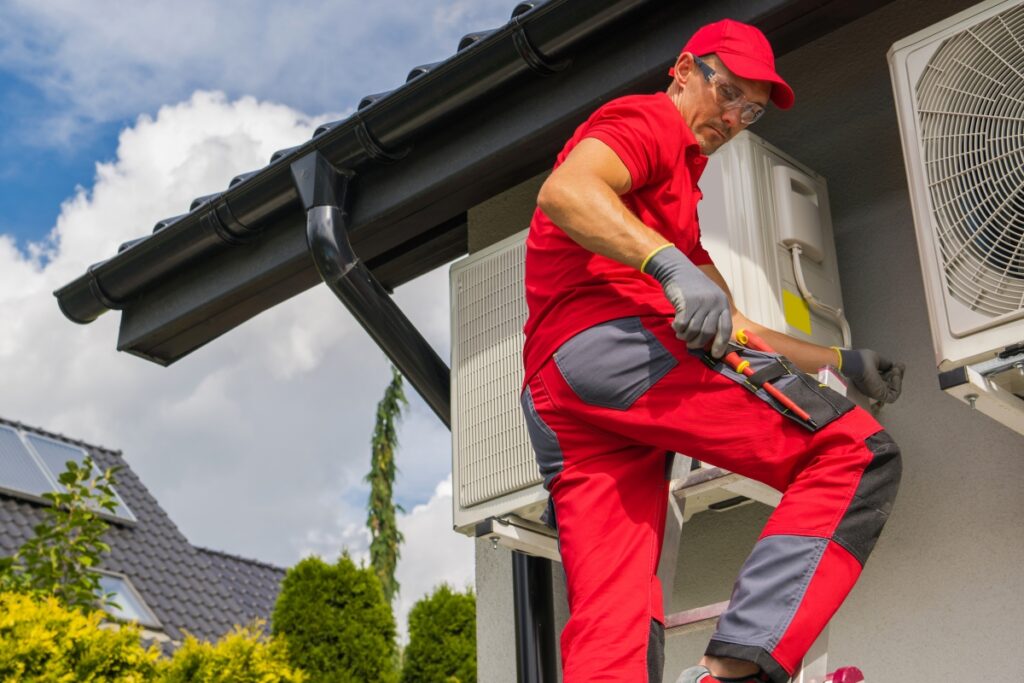
Conducting an HVAC tune-up is essential to ensuring that your home’s heating, ventilation, and air conditioning system is running efficiently. Regular HVAC tune-ups can help you save money on energy costs, maintain a comfortable environment indoors, and extend the lifespan of your HVAC system.
The first step in assessing your HVAC system is to check for any air leaks. Leaky air ducts can reduce the efficiency of your HVAC system, resulting in higher energy bills and uncomfortable temperatures in your home. To find air leaks, you should inspect your air ducts and the seals around them for any signs of wear or tear. Additionally, you should check for any drafts or air leaks around windows and doors.
Next, you should check the air filters in your HVAC system. Air filters prevent dirt, dust, and debris from entering the system and should be replaced every one to three months. If the air filters are dirty or clogged, it can reduce the efficiency of your system and cause indoor air pollution.
You should also inspect the blower components and belts to make sure they are in good condition. Cleaning the blower components and replacing any worn or broken belts can help to reduce energy costs and keep your system running efficiently.
Finally, you should check for any refrigerant leaks in your system. Refrigerant leaks can reduce the cooling efficiency of your system and may indicate a more serious problem with the system. If you detect a refrigerant leak, it is important to contact a professional HVAC technician as soon as possible.
Gather the Correct Tools and Materials
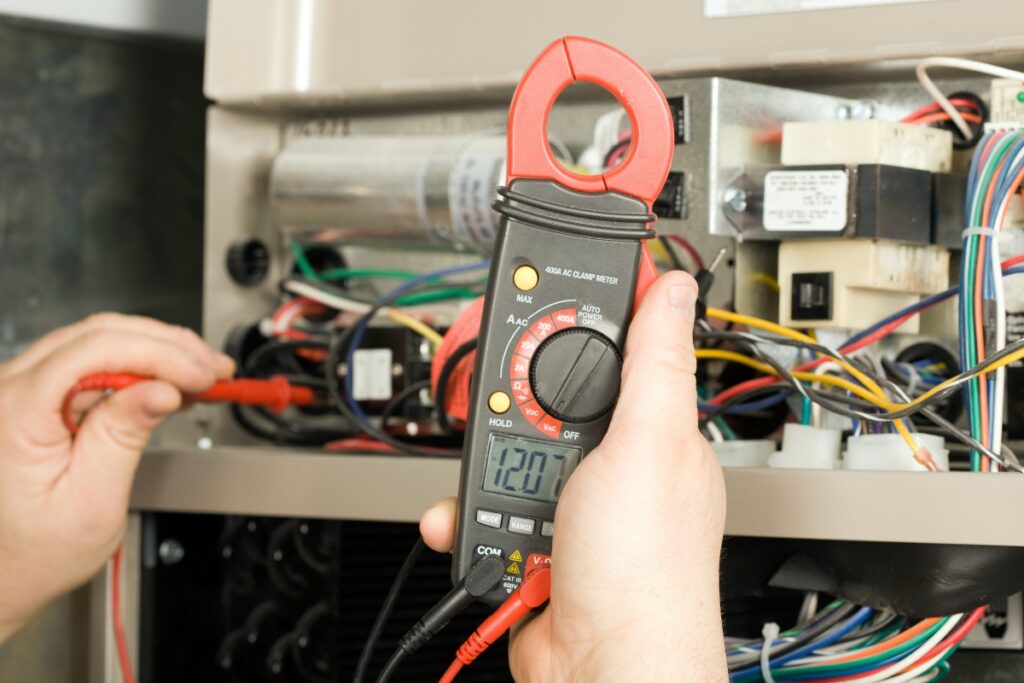
Before you start an HVAC tune-up for your home, it’s important to make sure you have the right tools and materials. Doing so will save you time and make sure you get the job done correctly. As a homeowner, it’s essential that you have the necessary supplies and equipment to handle the HVAC maintenance of your home.
Tools you should have for an HVAC tune-up include: screwdrivers, pliers, a drill, a ladder, a flashlight, a pair of safety glasses, and a filter wrench. Some other items to consider are a set of replacement air filters, duct tape, and a damp cloth.
It’s also important to make sure you have the right materials to complete the HVAC tune-up. This includes items such as an HVAC cleaner, coil cleaner, evaporator cleaner, and evaporator sealant.
You may also need to purchase a refrigerant, depending on the type of system you are working on. Additionally, you should have a thermometer and hoses to be able to check the temperature of the air going into the system and the air coming out.
Clean and Replace the Air Filters
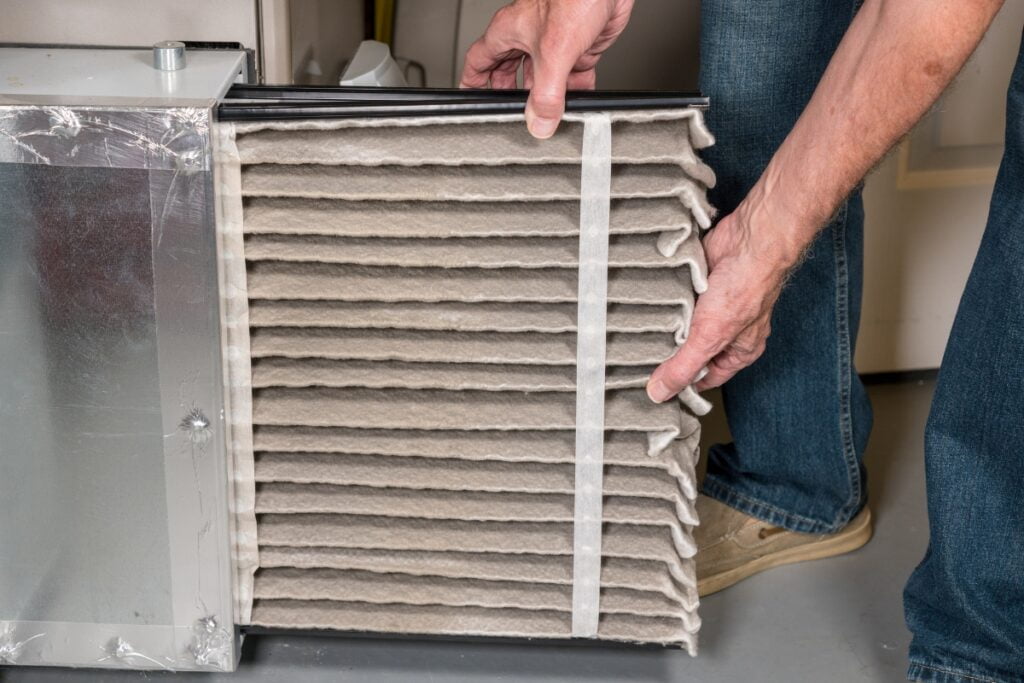
Proper air filter maintenance is a critical factor in making sure your HVAC system runs in optimal condition. Cleaning and replacing your air filters can help you save on utility bills and prolong the life of your system, ensuring that your home stays comfortable year-round.
When you should clean and replace your air filters depends on your home’s environment. If you have pets or frequent visitors, your air filters may need cleaning and replacing more often. Generally, it is recommended to clean or replace your air filters at least once every three months.
Cleaning your air filters is a relatively simple task. Begin by switching off your HVAC system. Remove the air filter from its casing and use a vacuum cleaner to remove any dirt and dust. Rinse the filter with a mild detergent and warm water, then allow it to dry for at least an hour. To reinstall the filter, slide the clean filter back into place and switch the power back on.
If your air filter is too worn or damaged, you may need to replace it. To do this, first find out the size of the air filter your HVAC system needs. Your owner’s manual will have this information. Make sure to buy a filter of the same size, as an oversized filter will restrict airflow, leading to inefficiencies and higher energy costs. When you’re ready to install the filter, just slide the new filter into the casing and switch the power back on.
Inspect the Belts, Motors, and Components
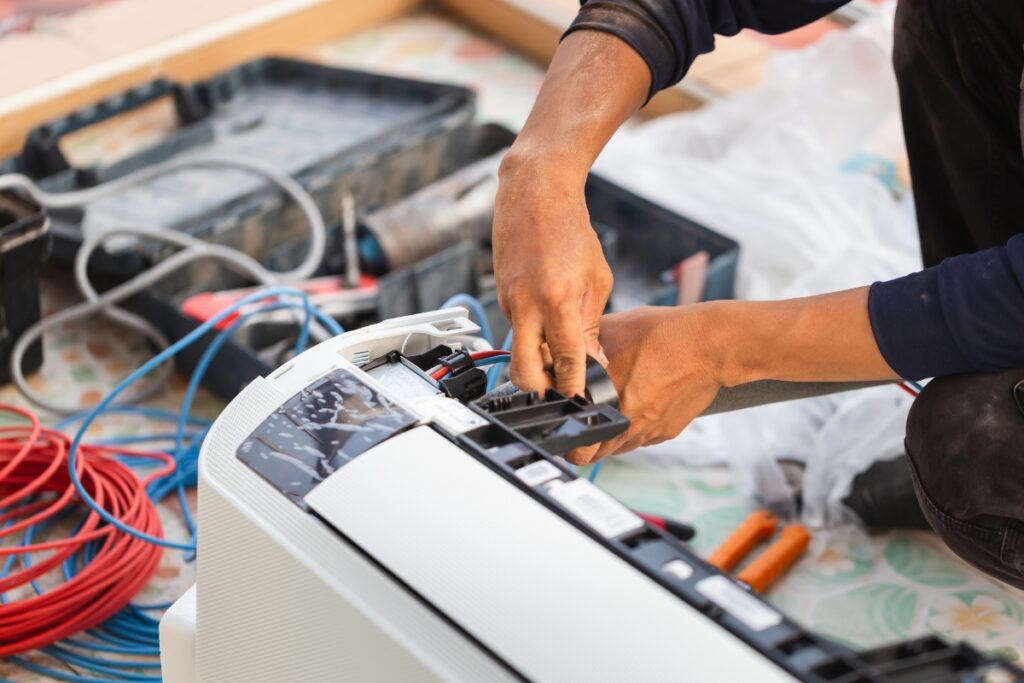
Homeowners should inspect their HVAC systems from time to time and make sure all the components are working optimally. As part of a regular HVAC tune up, it is important to inspect the belts, motors, and other components. This is to ensure the system is running efficiently and there are no potential problems.
When inspecting the belts, you must first visually inspect them for signs of wear and tear and make sure they are not worn out or loose. If the belt is loose, it will need to be tightened and if it is worn, it may need to be replaced. You should also inspect the belt’s tension and make sure it is within the manufacturer’s recommended tension range.
It is also important to inspect the motor of your HVAC system. The motor should be running smoothly and quietly, with no obstructions or loud noises. If you hear any strange noises or notice any obstructions, you should contact an HVAC professional to check the motor and determine what kind of repairs are needed.
Finally, you should inspect the other components of your HVAC system such as filters, fans, and blowers. Make sure the filters are clean and free from debris, and that the fans and blowers are running smoothly. You may also want to check the temperature of the air coming out of the vents. If it is too cold or too hot, it can be a sign that the system needs to be serviced.
Clean Ductwork and Vents
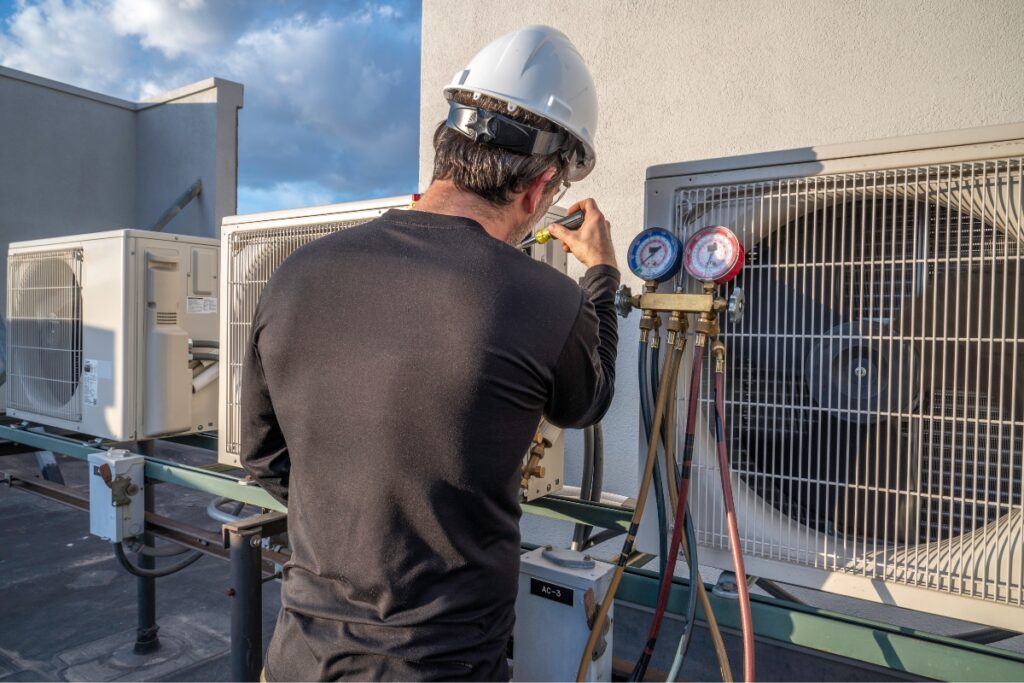
When it comes to the upkeep and maintenance of your HVAC system, one of the most important tasks that you can do is to keep the ductwork and vents clean. Clean ductwork and vents directly affect the efficiency of your HVAC system and can result in higher utility bills, as well as decreased air quality inside the home.
Having your ductwork and vents regularly cleaned and inspected is an important part of any HVAC tune-up checklist. Regular cleaning and maintenance of your ductwork and vents can help to remove any pollutants, dust, dirt, and other debris that could be clogging up the system. This will help to improve the airflow throughout your home and help to reduce the amount of energy needed to keep your home comfortable.
It’s important to note that the type of ductwork and vents in your home will determine the best cleaning method for them. If you have metal ductwork, you may be able to do a simple cleaning with a vacuum and a rag. If you have flexible ductwork, you’ll need to use a special cleaning solution specifically designed for these types of vents. If you have any questions about the best cleaning method for your specific ductwork and vents, it’s always a good idea to contact an HVAC professional.
Evaluate the Refrigerant Level
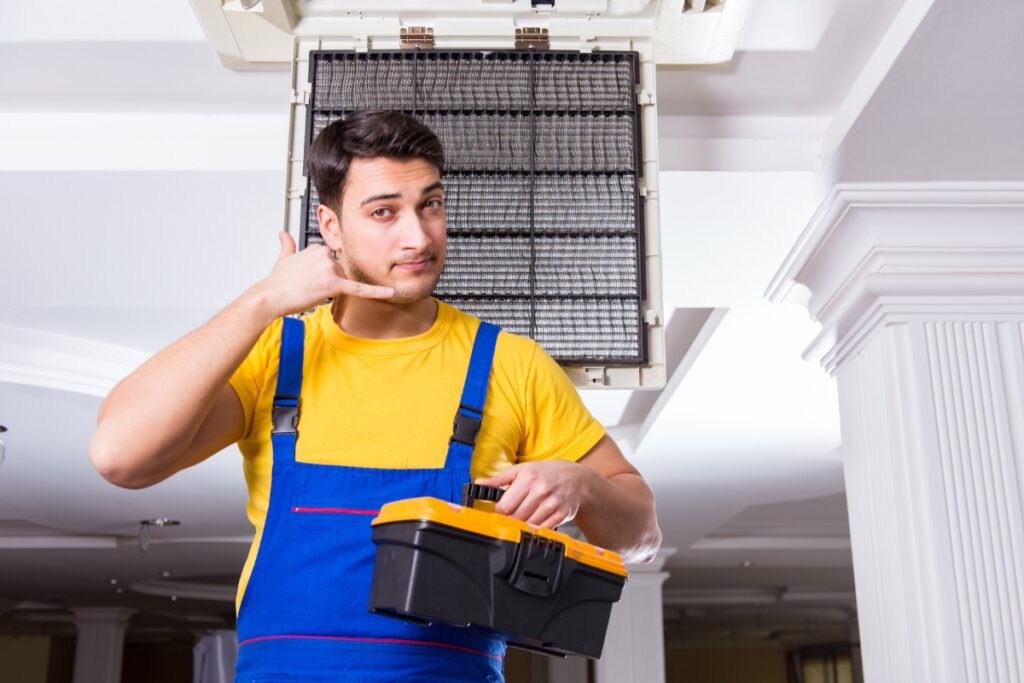
It’s also important to periodically check the refrigerant level in your HVAC system. Low levels of refrigerant can cause your system to run inefficiently, leading to higher energy bills. An HVAC technician can check your system for the correct refrigerant levels and fill it as necessary. They can also detect any leaks in the system that could be causing your refrigerant to escape, and repair any damage to ensure your system is running efficiently.
Scanning for Leaks and Other Potential Issues
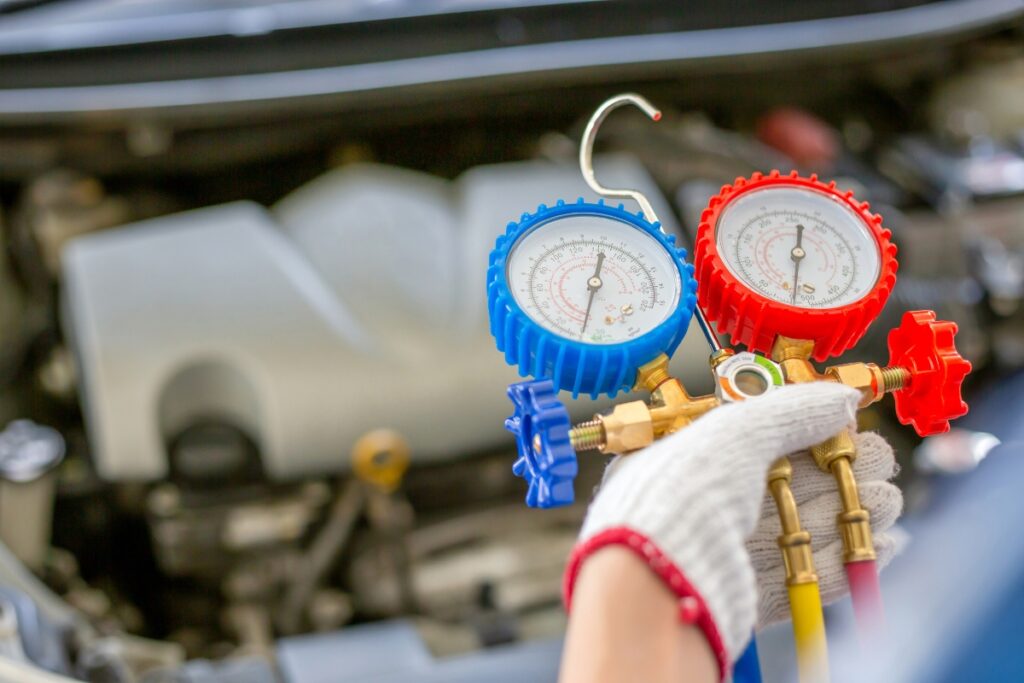
In addition to checking refrigerant levels, it’s also important to have your HVAC system scanned for any potential leaks or other issues. An HVAC technician can use specialized equipment to detect any issues that are causing your system to run inefficiently, such as a leak or a clogged vent.
They can also inspect your system for signs of wear and tear that could eventually lead to more serious problems. Having your system regularly scanned can help prevent any potential costly repairs in the future.
Examining Wiring and Connections
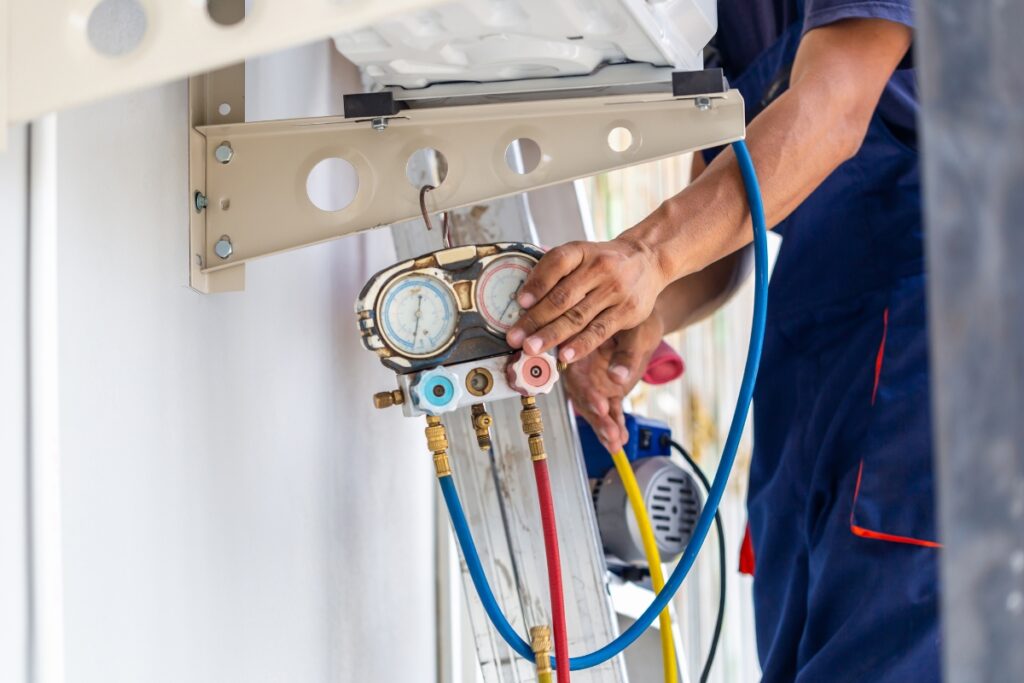
The technician will also make sure that all the wiring and connections are in good condition and up to code. This helps to ensure the safe operation of the system and helps reduce the likelihood of electrical or fire hazards.
They can also check the thermostat and other components to make sure they are functioning properly. Lastly, they can also check the system for any build-up of dirt and debris that could be impacting the performance of the system. A clean system runs more efficiently and can reduce energy costs.
Cleaning the Exterior of Your Unit
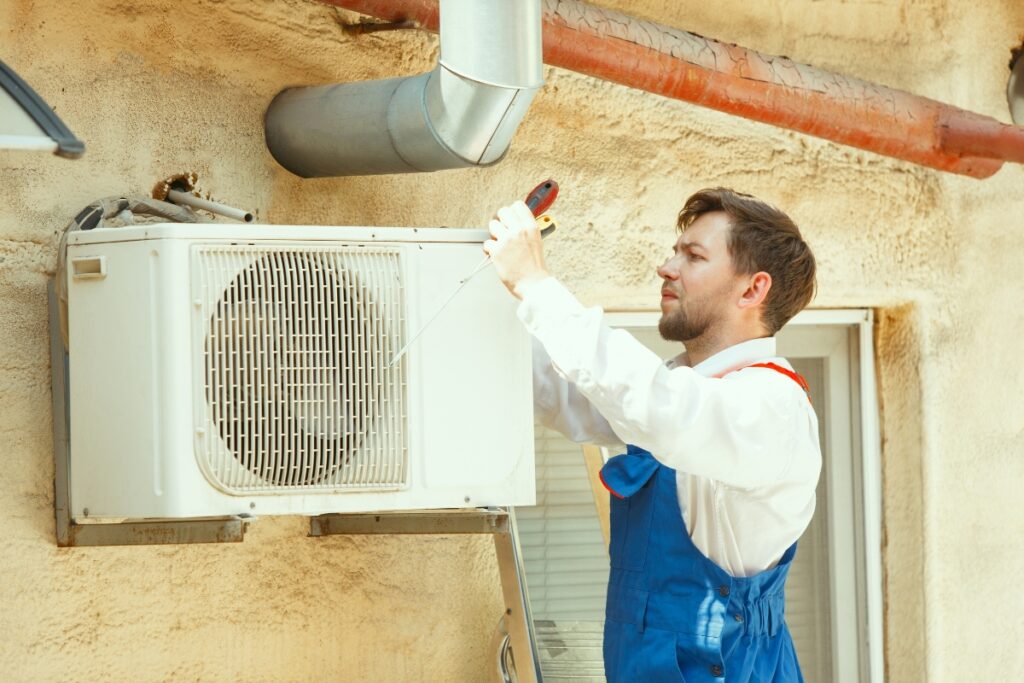
Additionally, the technician can also clean the exterior of your system. This can help increase the system’s efficiency and help improve its longevity. The technician can clean the coils, filters, and blowers to remove any dust, dirt, or debris that has built up over time.
They can also check for any blockages in the vents or ducts that could be restricting the airflow. Cleaning the exterior of the unit will also help reduce the chances of any pests entering the system and causing further issues.
Calibrate the Thermostat
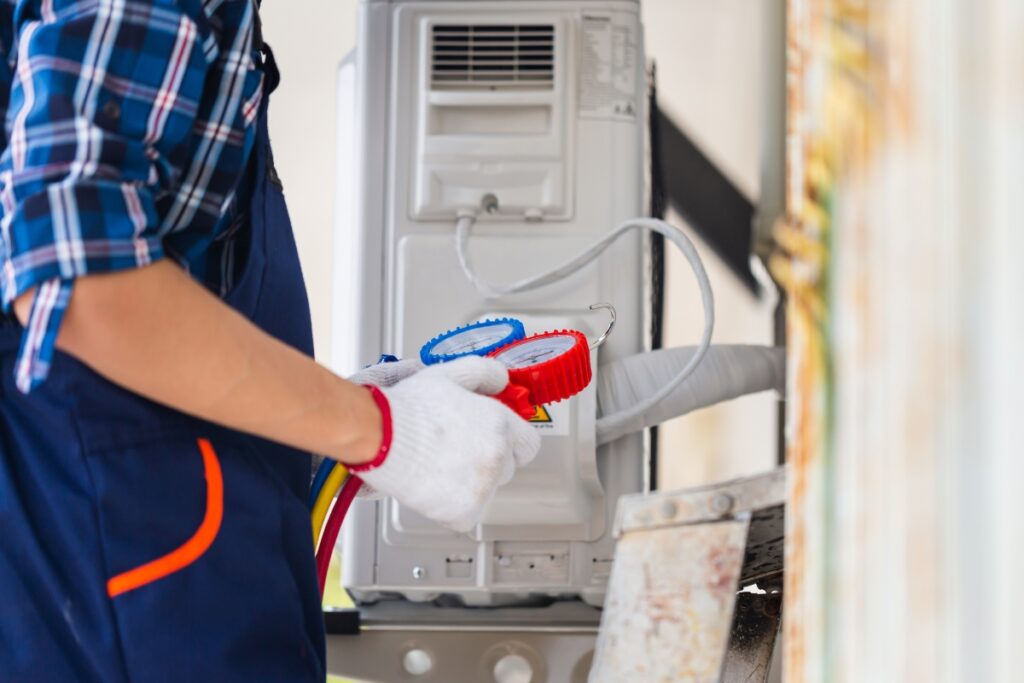
The technician can also help to calibrate the thermostat. This is necessary to ensure that the thermostat is working optimally and accurately measuring the temperature in your home.
By calibrating the thermostat the technician can help make sure the temperature of the home is always comfortable and energy efficient. This can also help to reduce temperature swings and uncomfortable drafts in the home.
Additionally, they can also check to make sure the thermostat is correctly wired up and that it is communicating properly with other components in the system. This ensures that the thermostat is working to its fullest potential and delivering the best possible results.
Leave Your HVAC Tune Up Checklist to a Professional Like CoolPro Heating and Cooling
By following this checklist, a homeowner can rest assured that their HVAC system is running optimally. This can help to ensure the system is more energy efficient and less likely to break down. Additionally, it can also help to keep the air quality in the home at a higher level and keep temperatures more comfortable.
If you’re unsure of how to properly maintain your HVAC system, it is best to call an experienced technician to come take a look. An experienced technician can make sure the system is running smoothly and help to diagnose any potential issues before they become too serious.
When it comes to your HVAC needs, CoolPro Heating and Cooling is your trusted partner. Our team of fully licensed and insured professionals is highly skilled in all aspects of HVAC units. Whether you’re facing an issue with your system or in need of installation or maintenance, we provide comprehensive HVAC services that deliver the best value for your money.
Request a free estimate or call us at 770-694-6232 to discuss how our experts can assist you today. Don’t settle for anything less than exceptional when it comes to your HVAC system – choose CoolPro Heating and Cooling.

